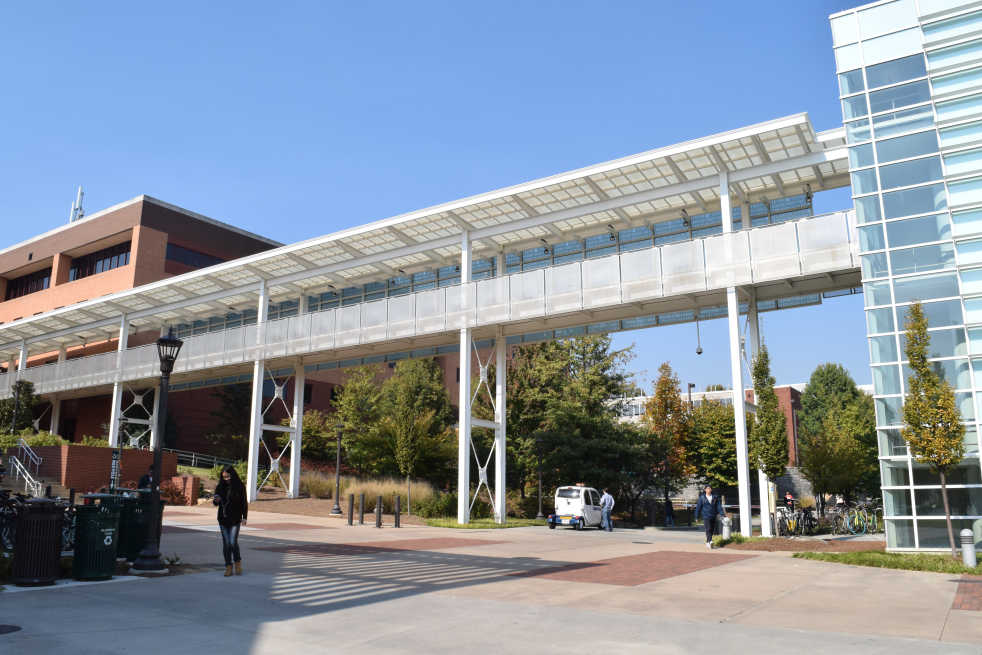On Nov. 1, the College of Computing announced a pilot program for its new online Intro to Computing course. The course will be available for free on the edX platform, with an option to receive a certificate of verification for $99. The course will be available to take for credit for Tech students as an alternative to the on-campus CS 1301 requirement during the upcoming semester.
The online course features a new textbook written by Dr. David Joyner, adjunct lecturer for the College of Computing, who also serves as the digital lecturer and course designer. The book is in a digital format known as a SmartBook, and will be published by McGraw-Hill.
The textbook will feature integrated video content as well as review questions interspersed throughout the text. A physical copy of the book can be purchased from McGraw-Hill for $25, according to Dr. Joyner, though it will not include any of the interactive content.
The on-campus pilot is currently limited to 60 slots, all of which are filled as of Nov. 9. The online course will be supplemented by optional weekly recitations to assist students. Tests will be allowed to be taken during a wide timeframe of a few days, although the exam must still be completed in a single sitting. Tests will be proctored by a digital system which monitors the student’s camera, microphone and screen for evidence of cheating, flagging incidents for human review.
Zvi Galil, the John P. Imlay Jr. dean of computing at Tech, expressed an optimistic vision for both the course and the program at large, noting that Computer Sciences students at Tech often take 5 or 6 years to complete their degree. He mentioned that these online courses could be taken during co-op semesters in order to accelerate progress in the degree, cutting down on the number of semesters required to complete the degree program.
In the future, students may also be able to take the course while in high school and receive credit for CS 1301 if they are accepted into Tech. Dean Galil expressed hope that this new program would help curb the cost of education, saying that “it is my hope and dream that this will make a dent in the cost of college. We are doing it for the students.”
The course will focus on an introduction to the science of computing through a combination of skills-based education in Python combined with a theoretical foundation in the science. The course will teach Python skills though manipulation of graphics objects and will be based on the new textbook.
Dr. Joyner dismissed concerns that the online course would result in less engagement than traditional classrooms, pointing out that students rarely ask questions during in-person lectures, whereas students are more likely to engage the professor in an online chatroom during digital lectures.
According to Dean Galil, if the course becomes available to high school students, other universities in Georgia may accept the online course for credit due to a system-wide program through which University System of Georgia members are developing online courses which may be accepted at any member institution.
He was pleased with the fact that Tech was producing the Intro to Computing course, saying “[the course] is much better coming from us, not from another university in the system, because we are, in computing and engineering, better than all of the others in
the system.”
Students who opt to take the online section of 1301 will have the option to switch to another section for a period of time after the course begins and will not be required to pay any additional cost for course materials.
